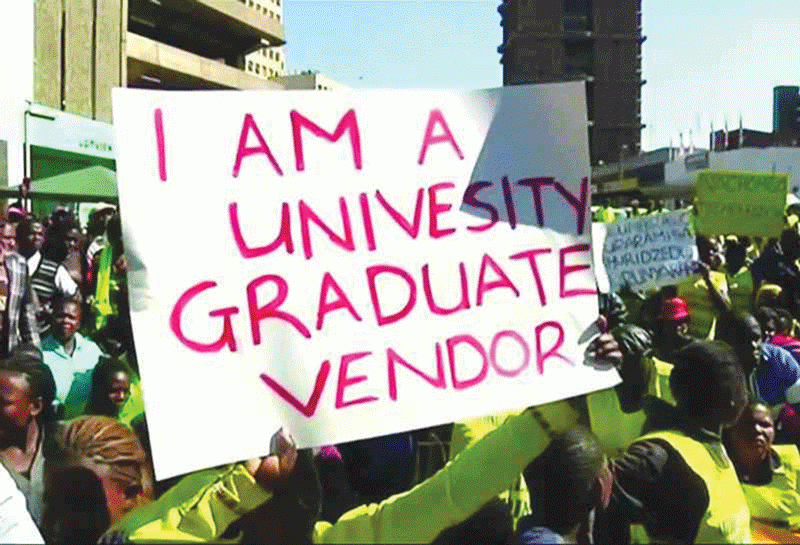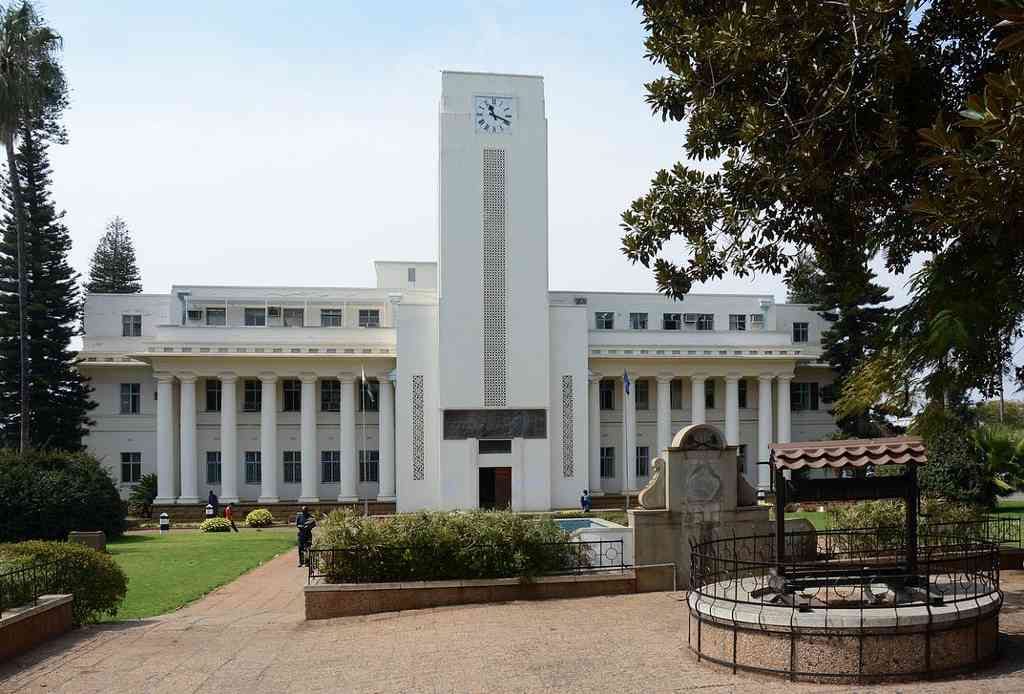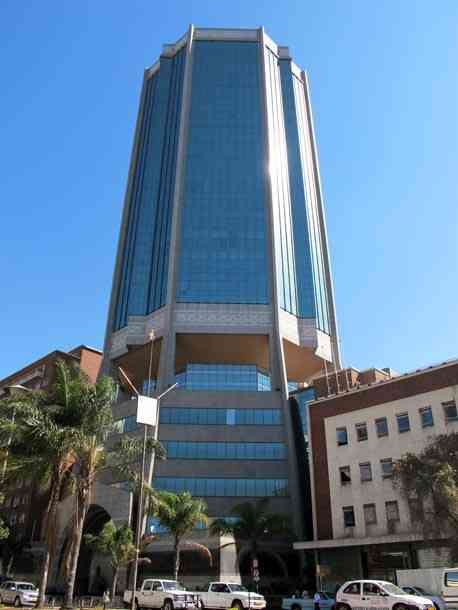
ZIMBABWEAN companies are struggling to absorb at least 24 000 new university graduates annually due to shrinking opportunities in an economy already reeling from 90% unemployment, according to a survey by the Zimbabwe National Chamber of Commerce (ZNCC).
The ZNCC’s 2024 Annual State of Industry and Commerce Survey, citing data from the Ministry of Higher and Tertiary Education, revealed that only 20% of the 30 000 university graduates capped annually were finding formal employment.
While the Ministry of Finance, Economic Development and Investment Promotion in November forecasted economic growth for 2025, the ZNCC said that the utilisation of installed industrial capacity had stalled, with a wave of bankruptcies marking the year.
This economic stagnation has deepened Zimbabwe’s protracted crisis, forcing companies to downsize instead of hiring. As a result, many graduates are joining the over five million Zimbabweans already engaged in precarious informal trade and artisanal mining, often labelled as “entrepreneurship” by officials.
“According to statistics from Zimbabwe’s Ministry of Higher and Tertiary Education, approximately 30 000 students graduate annually from the country’s institutions of higher learning, and less than 20% of these are immediately absorbed into the formal sector,” the ZNCC said in its 56-page survey, which polled almost 1 800 executives.
It was released in December.
The number of tertiary education graduates struggling to secure formal jobs could be much higher, according to analysts.
They said apart from universities, the country had many teachers’ colleges, polytechnics, training schools for health care professionals and hospitality industry institutes.
- Degrees condemned to worthless documents... as battered firms turn away 24 000 graduates annuallly
Keep Reading
“Unemployment is running at over 90% in Zimbabwe, and companies are struggling,” Tapiwa Sibanda, head of strategy at Trade Winds, said.
“It is difficult for many of the new graduates to secure formal employment, and those qualifications are not being put to use in most cases. I am sure you have seen the results.
“Many of our high-calibre professionals have fled to countries with better opportunities in the regional and internationally. The figures that you have shared just shows many more young people may be preparing to leave. It is unfortunate,” he said.
The ZNCC said informal sector businesses offered an opportunity for Zimbabwe to help unemployed people earn a living.
“The informal sector is a pool of entrepreneurial talent that can be harnessed to fuel economic growth,” the survey stated.
It said the labour participation rate — a percentage of the working age population that is in jobs — was higher in males than females.
“At the provincial level, Harare tops the list with an average labour force participation rate of 63,1% categorised into 77,5% for males.
On the other extreme, Matabeleland North province had the lowest participation rate with an average of 38,5%, where the participation rate for males was 51,7% and the rate for females was 28,7%,” the survey noted.










